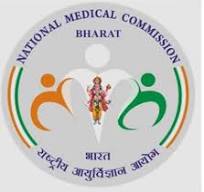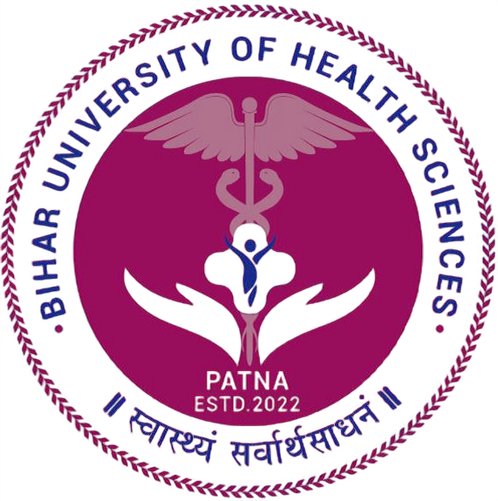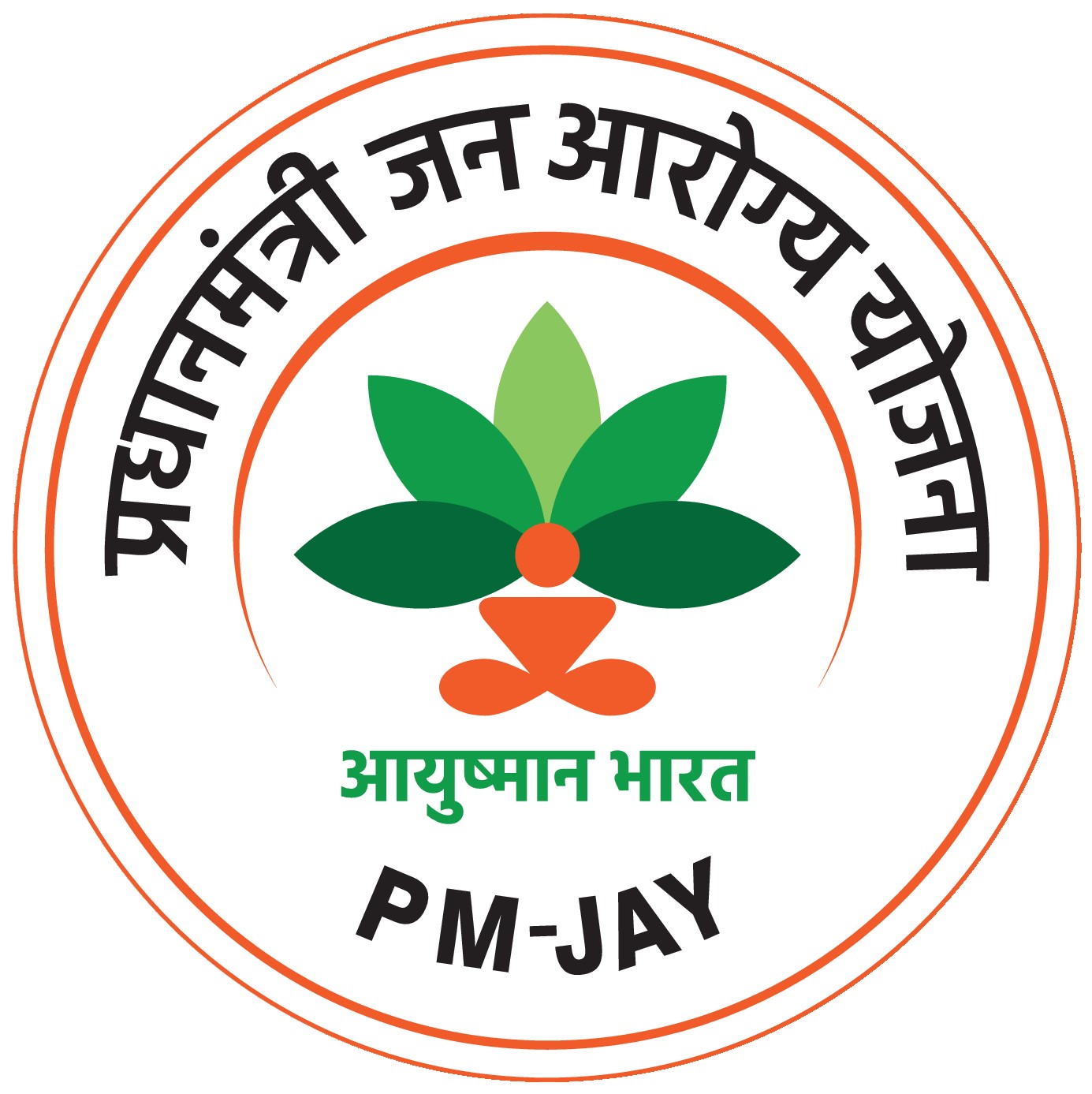Pre-Clinical Departments
Foundational medical sciences that form the bedrock of medical education
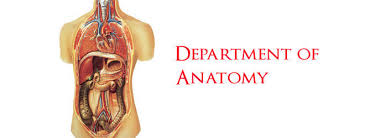
DEPARTMENT OF ANATOMY
The mission of the Department of Anatomy is to advance our knowledge of clinical, systems, and cellular neuroscience, focusing on the structure, organization, and function of cerebral systems, and to produce the next generation of educators for medical and graduate schools for the 21st century.
The education and training of the next generation of neuroscientists is one of the primary missions of the Department of Anatomy. The Anatomy program is geared toward students seeking a comprehensive education in the anatomical sciences, primarily those wishing to pursue a career in healthcare or education.
Key Features:
- Rigorous core curriculum integrating structure, function, and nomenclature
- Emphasis on cell and developmental biology, biochemistry, and physiology
- State-of-the-art laboratory research opportunities
- Graduate education with didactic coursework and seminar discussions
DEPARTMENT OF BIOCHEMISTRY
Biochemistry is a central basic discipline to all branches of Biology/Life Sciences. It deals with the chemical nature, function, structure, energetic and pathways of synthesis and degradation of simple to complex biological and/or cellular molecules to understand the various aspects of cellular and molecular functions in development, health and disease with applications in Biotechnology and Medicine.
Biochemistry Department conducts a wide spectrum clinical investigations and diagnosis of the diseases. The department has a well maintained lecture hall, Demonstration Room, Student Practical Lab, and a Research Lab.
Program Objectives:
- Understand biochemical reactions of metabolic pathways in normal and pathological conditions
- Apply biochemical knowledge in solving clinical problems
- Perform biochemical analysis relevant to clinical screening and diagnosis
- Integrate molecular events with structure and function of the human body

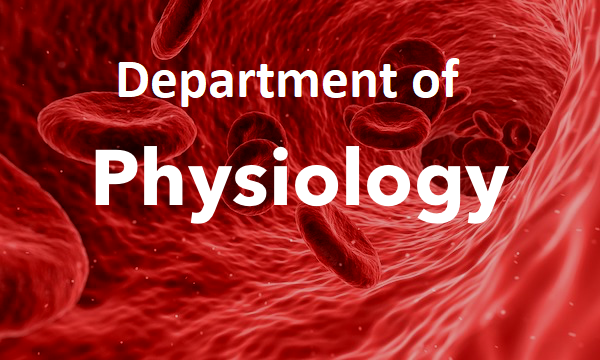
DEPARTMENT OF PHYSIOLOGY
Physiology is the study of how the body works. The systems of the body — including the cardiovascular, respiratory, neural, renal, endocrine, gastrointestinal and reproductive systems — are examined using approaches ranging from molecular and cellular to whole-organism levels.
Physiologists view life from the simplest to the most complex levels of organisation – from the subcellular, to the whole person. Physiologists make an important contribution to areas such as heart disease, reproduction and ageing and global population control.
Research Focus Areas:
- Cardiovascular physiology
- Cellular and systems neurophysiology
- Endocrinology and fetal/neonatal physiology
- Membrane biophysics and transport physiology
- Renal and respiratory physiology
Research Highlights
Cardiovascular Research
Investigating the molecular mechanisms of heart disease and developing novel therapeutic approaches.
Neuroscience Research
Studying neural pathways and brain function to understand neurological disorders.
Molecular Physiology
Exploring cellular signaling pathways and their role in health and disease.
Respiratory Physiology
Researching lung function and developing treatments for respiratory disorders.
